We’re being told that a number of eBay sellers have, in the last day or two, received letters from representatives of cosmetics and perfume firm L’Oréal. The letters instruct them to remove all of the company’s product from their eBay listings within the next 8 days, or face legal action. There is no suggestion that the products involved are fake, just that the sellers have not been authorised by the trademark owner to sell them. Some of these are business sellers: it appears that others are private sellers getting rid of single items that were unwanted gifts.
From what we know so far, L’Oréal appear to be bypassing the established eBay VeRO system, and to be contacting sellers by making test purchases and then requesting seller’s contact details. Quite why they’re doing this when business details are on listings for all to see is beyond me, but if you’ve seen a buyer request your contact details after purchasing a L’Oréal product, you might expect to receive a letter yourself.
Faced with a threatening letter from a company whose antipathy towards eBay is well-known, many sellers will just pull their listings. But not all: Paul from has told us he intends to take legal advice and is prepared to fight if necessary. Being prepared to take legal advice is key: this fight is not one you should fight alone or with advice only gleaned from web forums.
I’m not a lawyer, I don’t even pretend to be one on the internet, but I believe that L’Oréal may be entirely within their rights to do what they’re doing. Lots of comment around this issue has hinged on trademark exhaustion: that is to say that if EU sellers have bought EU product from an EU supplier, they have the right to sell it on using the trademark, and the trademark owner cannot stop them.
On 1st June, that situation changed. Remember last year when eBay were drumming up seller support to oppose an EU ruling that said that trademark owners could refuse to supply internet-only retailers? That law came into force at the beginning of this month. An EU statement gives us the simple version:
The basic principle remains that companies are free to decide how their products are distributed, provided their agreements do not contain price-fixing or other hardcore restrictions, and both manufacturer and distributor do not have more than a 30% market share.
and guidelines that come with the Regulation state:
the supplier may for instance require its distributors to have one or more brick and mortar shops or showrooms as a condition for becoming a member of its distribution system
In other words, if you only sell on the net, the brand owner may disallow your use of their trademark. But I emphasise, this is only my interpretation of the Regulation and its effects: your lawyer might well tell you different.
If you’re one of the affected sellers, what are you intending to do? Remove the listings, or fight on? Please leave us a comment (you’re welcome to be anonymous on this one!).
Edited to add: for those coming from the US CSA Category Board, as far as I’m aware, this has only so far affected UK sellers. Will update if I hear any different; likewise, if you’re a non-UK seller who’s received a similar communication, could you please leave us a comment.
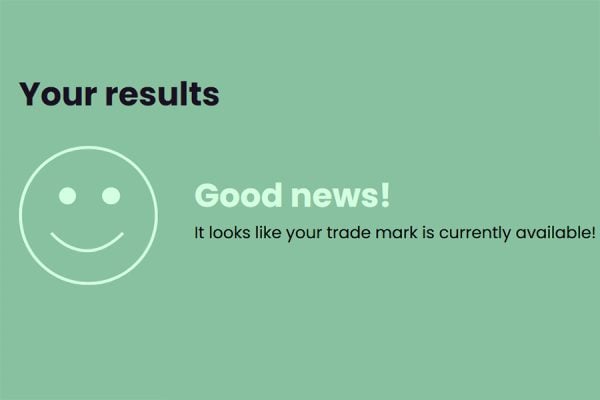
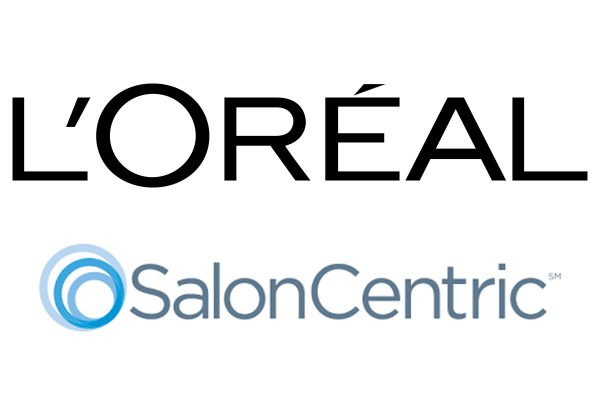

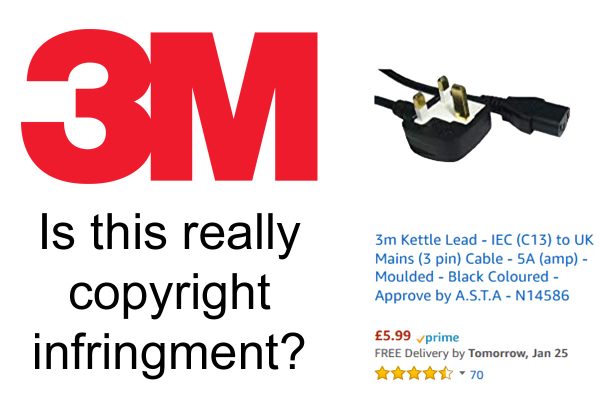
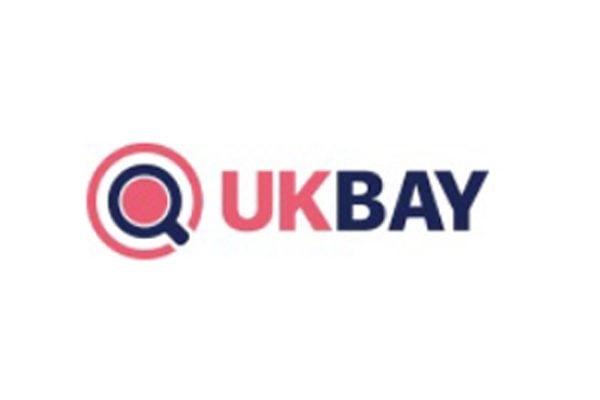



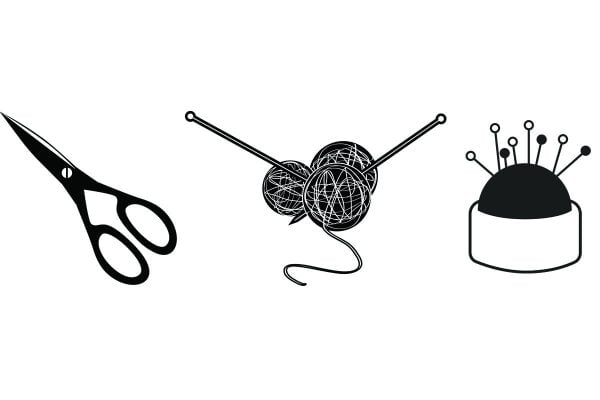
28 Responses
I’m sure many sellers will agree that a letter from lawyers (albeit big scary ones with teeth) asking you to do something is considerably less scary than a VeRO notification telling you that you’re banned from the marketplace.
The VeRO programme has long added administrative sanctions over and above the legal demands of the IP owners, to restrict distribution, and these sanctions threaten the thriving economy that is growing up around the marketplace.
To have a rights owner making a direct approach which circumvents the marketplace will be a relief to eBay and sellers alike. No longer are the threats veiled by an administrative process: they are clear, open and defensible. Let them stand on their merits.
must be some product, if you have too frighten people into not selling it
To avoid this kind of thing was one of thre reasons ebay got into bed with outlets in my opinion. Whos going to to stop one of thier largest resellers selling thier brand even if it is on ebay.
Looks like it hasnt worked.
One more comment from me. This is a quote from a spokesman for the European Alliance, a lobby group for luxury brands:
I must confess, I’ve bought a few bits and pieces from L’Oréal in the past. I pick them up in Carrefour with my veg and cheese. “high quality selling environment”? — not so much.
Not that I’ll bother buying them again in future, of course.
Here are some L’oreal related sites that may be of interest:
https://www.thepetitionsite.com/1/stop-loreals-animal-testing
https://www.complaintsboard.com/complaints/l039oreal-paristotal-repair-5-repairing-conditioner-new-c325875.html
https://www.businessweek.com/news/2010-05-21/l-oreal-trademark-victory-hurts-the-poor-judges-say-update1-.html
I personally will not be buying L’oreal products for anyone or recommending them to anyone.
There is more to a business or brand than a good product (and the quality is questionable anyway).
The following perfume/cosmetics brands are what L’Oreal want to block anyone without a fancy high street shop from selling. They are all owned/marketed by L’Oreal.
Lancome
Biotherm
Boucheron
Ermenegildo Zegna
Helena Rubinstein
Kiehl’s
Shu Uemura
Maison Martin Margiela
Giorgio Armani
Ralph Lauren
Cacharel
Viktor & Rolf
Diesel
YSL
Stella McCartney
Guy Laroche
Paloma Picasso
If the Estee group go down the same path then most of the cosmetics category is wiped out on ebay for good.
On another thread on the Powersellers Board a Pink comments that the reason a sellers sales have fallen is due to other sellers selling the same item at a lower cost. Can you blame L`Oreal when Ebay are encouraging sellers to race each other to the bottom
Can you blame L`Oreal
…Yes. Because if their (L’oreal) motivation was price, then this would most likely be illegal due to attempted price fixing.
We know, that the bottom line for this action is to protect the price, in my view that is wrong if not illegal. Proving it, another matter.
From what I have seen I believe that the L’Oreal letter was in fact not written by a legal professional with expertise in either trade marks or UK law and seems to make alarming but legally vague demands which do not include any allegation of trade mark infringement as such.
If anybody requires assistance, I would be happy to help – I am a qualified trade mark attorney with 40 years experience and have successfully defended clients against Mars, Mattel, Neil Tools, Mercedes, Honda, and Tommy Hilfigger, amongst others.
Gosh ! am I the only H&B seller that Remember that L’oreal have already done this to sellers on eBay .
At least this time sellers got a warning rather than lose their accounts & end up in court .
#5 Ditto .
I did slip up with YSL I thought Gucci still owned the brand bah !
I love YSL cosmetics & perfume .
I’m guessing that a “Trade Mark attorney” is something from the US?
This is a European Directive, and it’s nothing to do with trade marks.
Apart from that, it’s a very welcome offer.
Yes, I did mean Tommy Hilfiger, Sue – it’s a Sunday, can I be excused lol?
There is no doubt that the new EC Vertical Block Exemption Regulation makes it easier for brand owners to place restrictions on distributors and licensees it has agreements with, for example that they must also have a bricks-and-mortar shop, that an internet website through which sales are made must meet certain standards, and prohibiting sales made via other third party sites (such as eBay).
However, this only directly affects distributors and licensees who the brand owner has agreements with in terms of the restrictions that the brand owner is allowed to place in those agreements.
If you do not contract directly with the brand owner, you are only affected if the distributor or licensee you deal with is then required to place the same restrictions on you in turn as it has in its own agreement with the brand owner – which I imagine, however, may be somewhat worrying.
Nevertheless, the brand owner does not have the right to take any action directly against you simply because you have acquired and sold product outwith its selective distribution network if you and the brand owner have no direct agreement between each other.
In other words, if I walk into Boots and buy a quantity of product which I then sell on eBay, that is entirely unaffected by the Vertical Block Exemption Regulation.
By the way, JohnC, trade mark and patent attorneys are not something from the USA, we are the other two smaller legal professions alongside solicitors and barristers.
……. and the EC Vertical Block Exemption Regulation does have something to do with trade marks as it affects brands – but the other parallel development is the European Court of Justice ruling in the Copad case (which is what I commented on in the other thread elsewhere) which gives luxury brand owners the possibility of suing for trade mark infringement if they can show that their goods have been sold in a way which damages their reputation – although I doubt that simply selling through eBay is hardly damaging in itself to brand reputation, a brand owner would have to show more than that I would have thought.
Interesting that the Q&A thread on this seems to have vanished (tho not the PSB one). Wonder what happened.
@ 11.1
It was a tough time for all H&B sellers .
To be honest with you I
think its more to do with some sellers buying from outside Europe & selling on eBay .
Read this report in the Daily Mail .
https://tinyurl.com/3ytfchn
Great coverage provided by Tamebay.com as always.
An interesting post above by VeryMark who strongly believes that the regulation may not affect those without distributor agreements.
I suspect the likelihood of many eBayers having direct and authorised distribution rights from the brand holder is unlikely. In my experience, a lot of the stock that ends up on eBay has come from an unauthorised source anyway. Anyone who believes otherwise is being a tad naive, I think.
This is yet another example of a high profile brand taking a stand against smaller sellers that they perceive as devaluing their brand on an auction platform such as eBay.
The majority of those sellers that receive legal notices will undoubtedly hold their hands up and say, ‘you got me, I’ll move on to another product’. This is the brand holders objective, the legal bumpf is no doubt simply a degree of chest pumping!
Admiration has to go to those who do stand up and fight, as it would appear that they may indeed have a case.
Keep the coverage going, this could get VERY interesting……
> Edited to add: for those coming from the US CSA Category Board, as far as I’m aware, this has only so far affected UK sellers
Likely to remain an E.U. issue.
3) See (U.S.) Tabberone’s Trademark & Copyright page, https://www.tabberone.com/Trademarks/trademarks.shtml, for real life legal cases.
2) See (U.S.) “The Lanham Trademark Act 15 USC §§ 1114-27” https://www.lectlaw.com/files/inp25.htm. Whereas marks can be “used fairly and in good faith only to describe the goods or services of such party”.
1) See U.S. Supreme Court unanimous decision “Quality King Distributors Inc v L’Anza Research International Inc.” 1998.
https://caselaw.lp.findlaw.com/scripts/getcase.pl?court=us&vol=000&invol=96-1470
/*
“The whole point of the first sale doctrine is that once the copyright owner places a copyrighted item in the stream of commerce by selling it, he has exhausted his exclusive statutory right to control its distribution. There is no reason to assume that Congress intended 109(a) to limit the doctrine’s scope.”
John Paul Stevens, United States Supreme Court
Quality King Distributors, Inc. v. L’Anza Research International, Inc.
Loreal cant do a thing about this. If the seller owns the product they purchased, and not selling fakes, it is their property and can sell whatever they want.